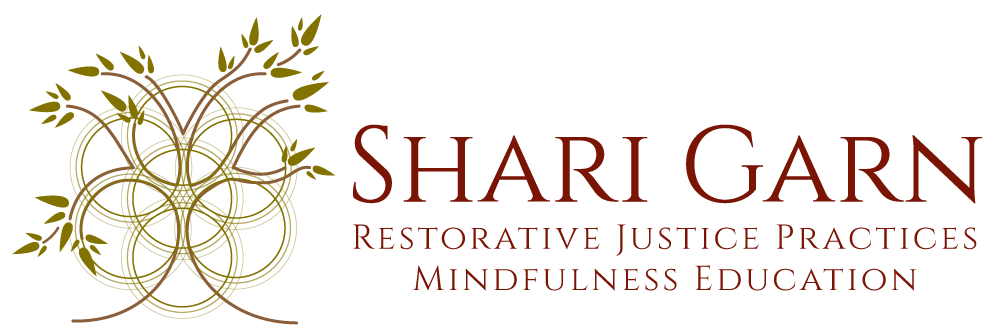Restorative Justice Practices
Restorative Justice Practices (RJP), which evolved out of Restorative Justice, is an alternative to exclusionary and punitive responses to crime and wrongdoing. RJP is primarily a proactive approach, emphasizing the strengthening of relationships and the building of community through the use of Circle processes, and the development of leadership, communication and conflict resolution skills. RJP also includes processes by which individuals are encouraged and equipped to take responsibility for their actions and be accountable to those they have harmed when wrongdoing has occurred.
Indigenous cultures from which RJP has drawn important insight, recognize that when a person commits wrongdoing it is an indication that they have lost sight of their relationships and their connection to their community. Restorative Justice Practices, therefore, work proactively to strengthen relationships and nurture connections among and between all members of a community. School communities that are doing this work naturally see less misbehavior, and when misbehavior does occur a strong foundation has been established from which to address the resulting harm. Children and adults care more about how their behavior affects people they have a relationship with. They are more motivated to make amends and are more likely to look for ways to prevent conflict in the future.

